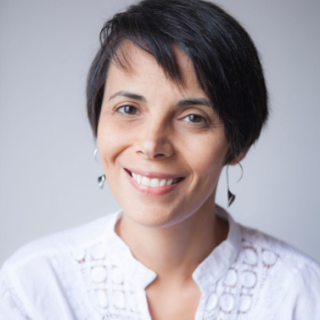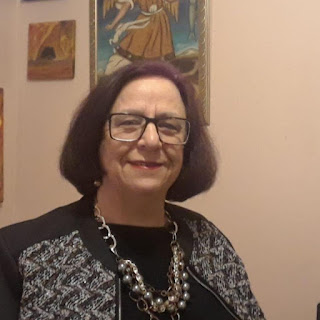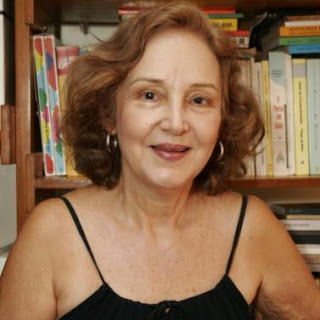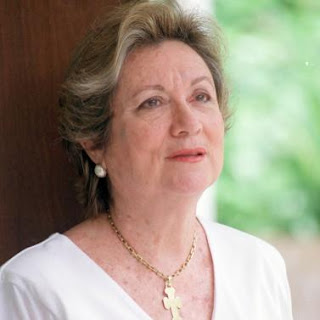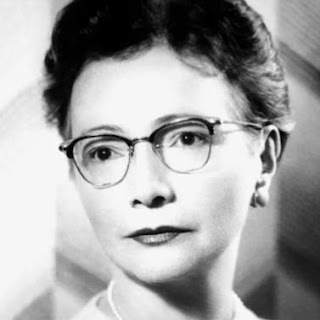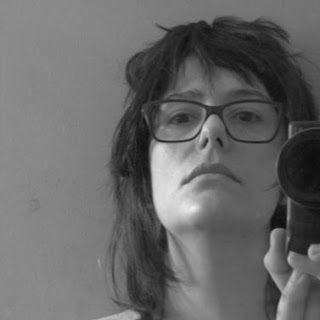Biography.
Eliane Potiguara (1950) is an award-winner writer, poet, activist, professor, social entrepreneur of indigenous descent. She published the following books: A Terra é a Mãe do Índio (1989), Akajutibiró: Terra do Índio Potiguara (1994), Metade Cara, Metade Máscara (2004; 2018), O Sol do Pensamento (2005), O Coco que guardava a noite (2012), O Pássaro Encantado (2014), A Cura da Terra (2015). She was bestowed the Order of Cultural Merit from the Brazilian Ministry of Culture, and participated in the elaboration of The United Nations Declaration on the Rights of Indigenous Peoples (UNDRIP). Her texts and poems have been published in several magazines, websites, anthologies and e-books.
In this century of pain
In this century we'll no longer have sexes.
For being a mother in this century of death
Is to be feverish to subexist
Is to be a female in pain
Plundered in the condition of woman
I repeat
That in this century we'll no longer have sexes
I don't care if they understand
Or can only grasp it in another stupid century
We no longer have vaginas, we no longer breed
Our husbands have died
And to bear sick indigenous people
For our children to be killed
And thrown in the ditches
On the obscure roads of life
In this world without people
It only takes one mastermind
In this century we'll no longer have breasts
Spites, eyes, mouths or ears
Sexes or ears do not matter
Principles, morals, prejudices or defects
I no longer want the agony of the centuries ...
In this century there'll be no more way for us
Manners, beauty, love or money
In this century, oh God (? !)
There'll be no way for us.
Translated by Rubens Chinali
Published in Contemporary Brazilian Poetry (2020).


